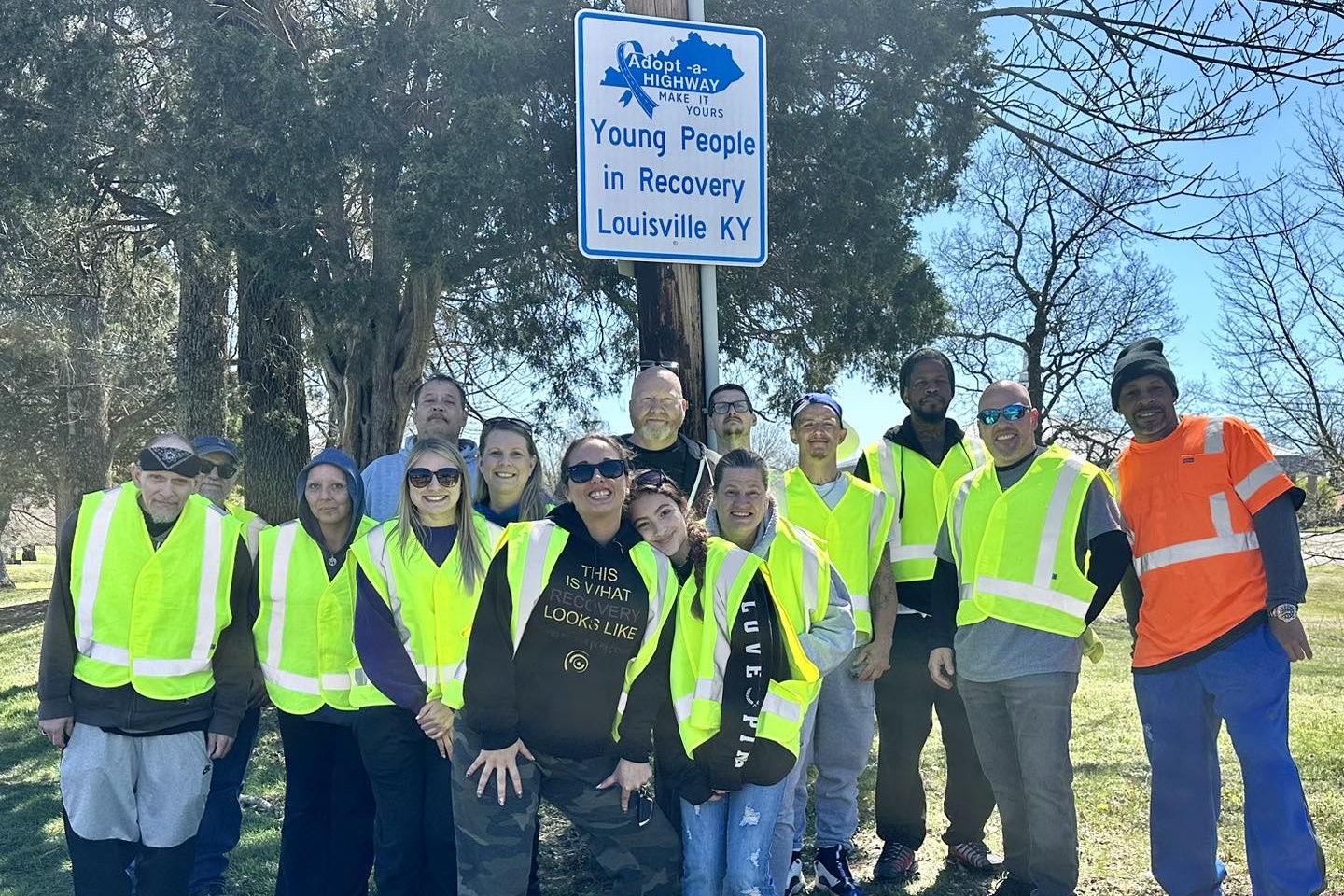
Aurora-based health system University of Colorado Health has agreed to pay $23 million to resolve allegations it used automatic coding for emergency department visits to fraudulently bill a pair of federal programs, Medicare and TRICARE.
“Improperly billing federal health care programs drains valuable government resources needed to provide medical care to millions of Americans,” said Principal Deputy Assistant Attorney General Brian M. Boynton, head of the Justice Department’s Civil Division, in a press release Tuesday. “We will pursue health care providers that defraud the taxpayers by knowingly submitting inflated or unsupported claims.”
As part of the agreement, a whistleblower named Timothy Sanders will receive $3.91 million from the proceeds of the civil settlement.
His attorney, Michael S. Porter, did not respond to a request for comment by CPR’s deadline.
The claims resolved are allegations only, the release noted and “there has been no determination of liability.”
“UCHealth is pleased to see the end of this lengthy and resource-intensive investigation,” Dan Weaver, UCHealth’s vice president of communications, said in an email. “UCHealth denies these allegations, but we agreed to the settlement to avoid potentially lengthy and costly litigation. The settlement allows us to focus our resources on providing excellent patient care.”
The case involved a variety of government legal teams including the Justice Department’s Civil Division (Commercial Litigation Branch) and Fraud Section, as well as the U.S. Attorney’s Office for the District of Colorado, with assistance from the Health and Human Services Office of Inspector General and the Defense Criminal Investigative Service, according to the release.
“Fraudulent billing by health care companies undermines Medicare and other federal health care programs that are vital to many Coloradans,” said Matt Kirsch, Acting U.S. Attorney for Colorado. “We will hold accountable health care companies who adopt automatic coding practices that lead to unnecessary and improper billing.”
Medicare is a federal health insurance program for those 65 and older, and some people under that age with certain disabilities or conditions. The TRICARE program is for U.S. military service members and their families.
When a patient visits a medical facility, including an emergency department, it submits E&M, evaluation and management claims, using billing codes. When submitting them to Medicare or TRICARE, depending on the level of resources used, a hospital can enter one of five codes, one of which represents a higher level of care and therefore expense.
The allegations span November 2017 through March 2021.
The government alleged UCHealth hospitals automatically coded claims for ER visits using the higher-level of care code “whenever its health care providers had checked a patient’s set of vital signs more times than the total number of hours that the patient was present in the emergency department,” except for patients who were in the emergency department for less than an hour, according to the release.
This happened despite the severity of the patient’s medical condition or the hospital resources used to manage the patient’s health and treatment.
UCHealth knew the automatic coding based on monitoring vital signs “did not satisfy the requirements for billing to Medicare and TRICARE because it did not reasonably reflect the facility resources used by the UCHealth hospitals,” the release said.
UCHealth got “numerous complaints” from its coding employees, according to the settlement agreement, warning about the use of the more costly code based on the automatic coding rule associated with “frequent monitoring of vital signs.”
It also received and responded to complaints from individual patients, “but did not adjust its automatic coding rule systemically.”
The practice also got flagged by one federal agency. “UCHealth was consistently identified, in reports received from the Centers for Medicare & Medicaid Services, as a ‘High Outlier’” for its billing of the high-level of care code during that nearly four-year period.
In April 2021, Sanders filed a complaint as a private individual in federal court against UCHealth under what is called a “qui tam” action, whistleblower provisions of the False Claims Act.
“Health care providers that participate in federal health care programs such as Medicare are required to obey laws meant to preserve the integrity of program funds, including requiring that providers submit only appropriate and accurate claims for reimbursement,” said Special Agent in Charge Linda T. Hanley of the Department of Health and Human Services Office of Inspector General, in the release.
The case and its resolution “illustrates the government’s emphasis on combating health care fraud,” according to the release. It noted the False Claims Act is one of its most powerful tools in the effort.
The DOJ’s Health Care Fraud Unit has charged more than 5,400 defendants with fraudulently billing Medicare, Medicaid, and private health insurers more than $27 billion, since 2007, according to the agency’s public affairs office.
Potential fraud, waste, abuse and mismanagement tips and complaints can be reported to HHS at 800-HHS-TIPS (800-447-8477).









